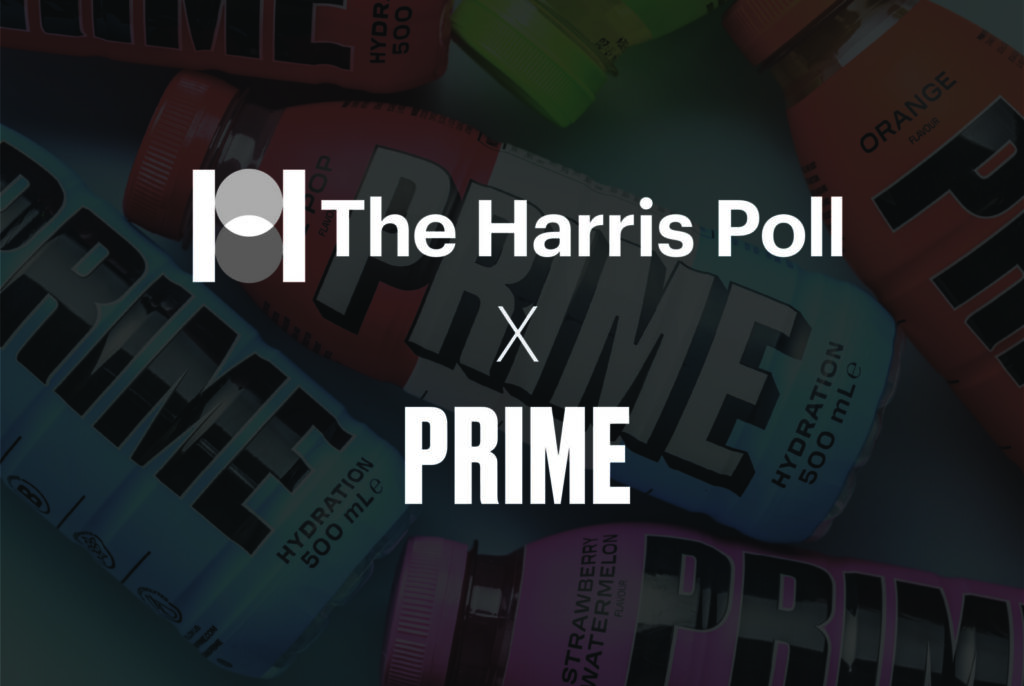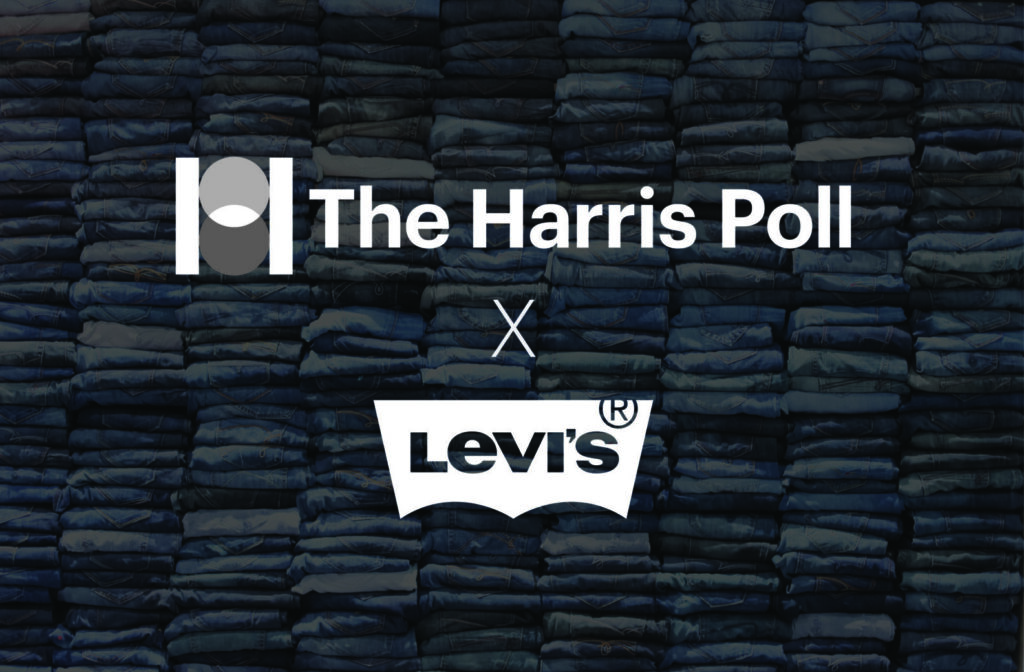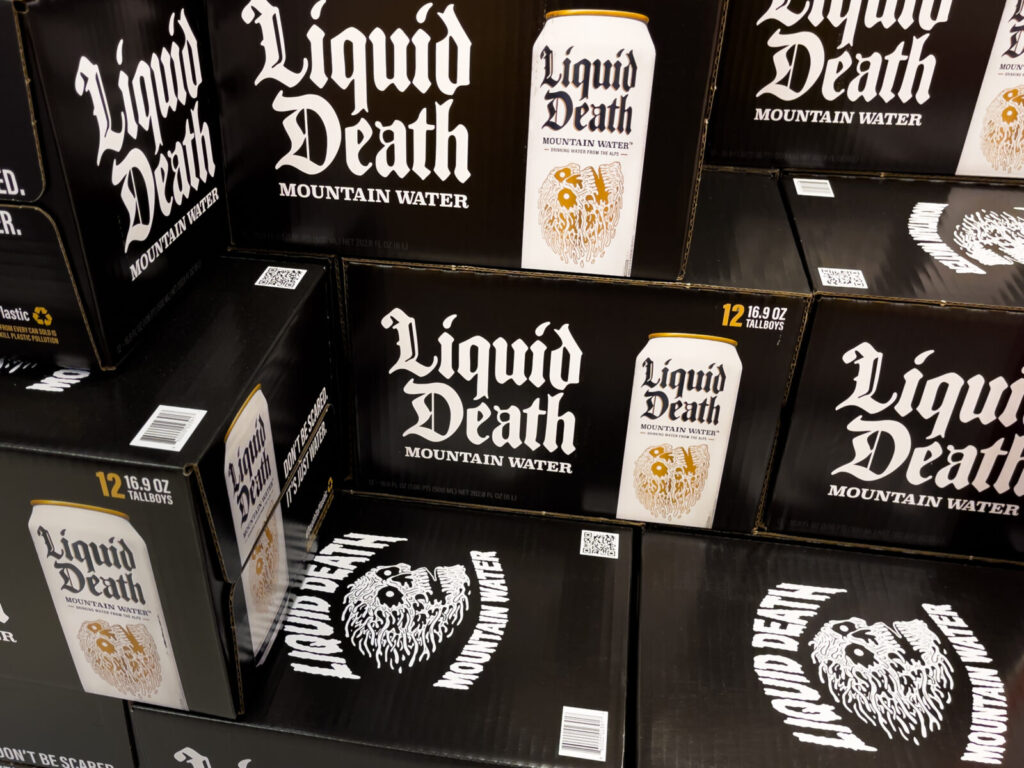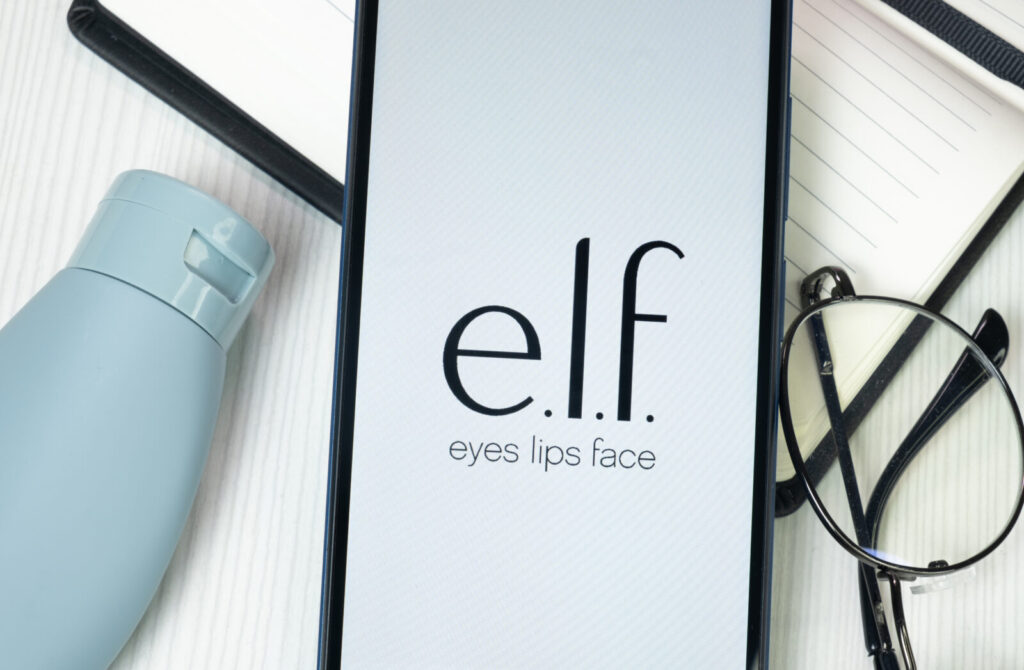Brief • 5 min Read
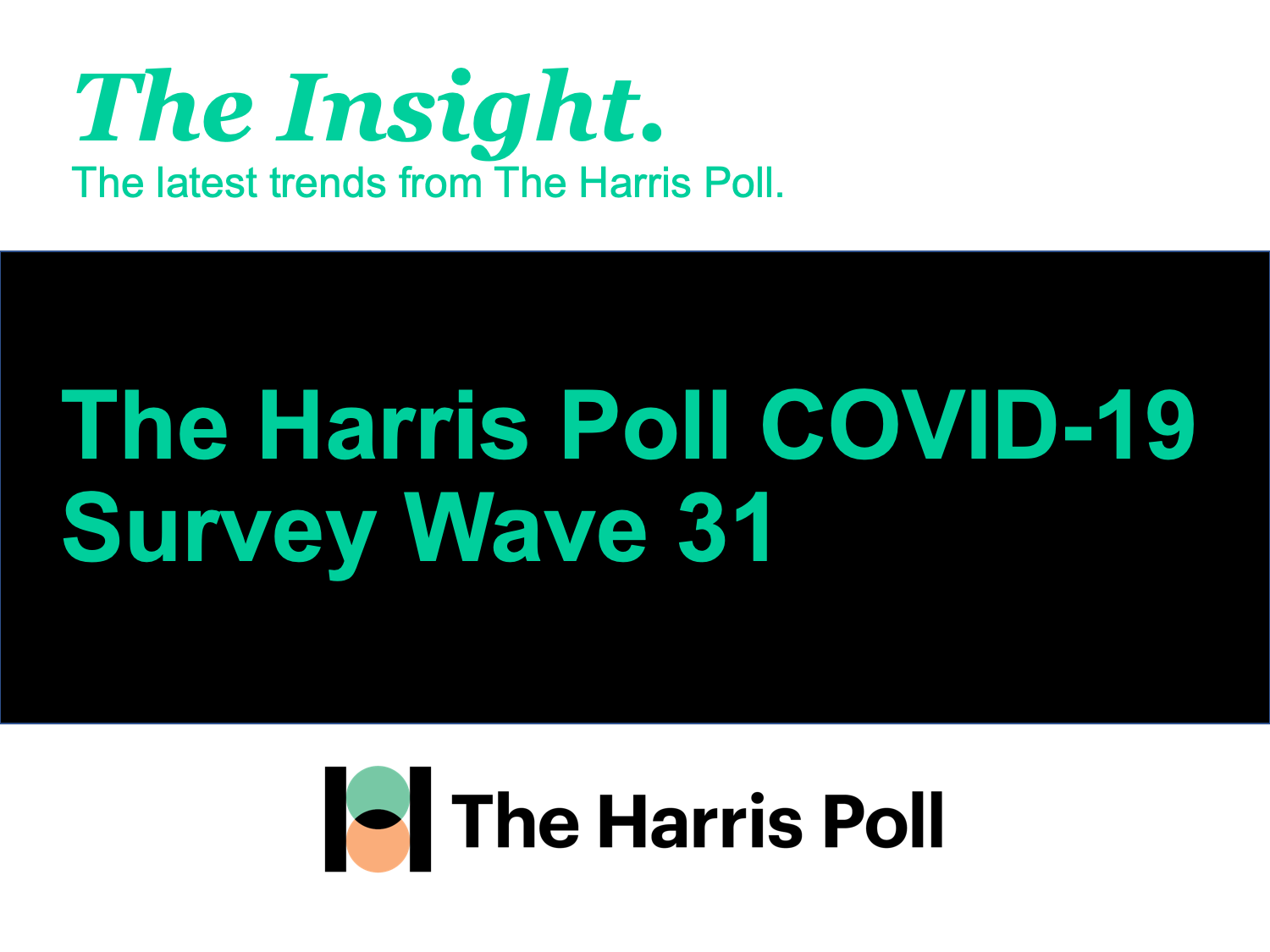
In The Harris Poll COVID-19 Tracker (Week 31) fielded September 24 – 26, 2020, we delve into the curious desire to take a flight to nowhere. And as schools reopen, Americans tell us of their overwhelming belief that teachers are new frontline heroes of the pandemic.
And with the first debate in the books, we ask Americans how mail-in voting might affect the timing of the outcome of the election. And in an era where trust is nil, who should approve a vaccine becomes a contentious question ––even while there is not one yet!
Lastly, COVID has re-arranged nearly every corner of American life, including our gold years. More Americans are pushing back their retirement planning.
As a public service, our team has curated key insights to help leaders navigate COVID-19. Full survey results, tables, and weekly summaries can be accessed for free at The Harris Poll COVID-19 Portal. We will continue to actively field on a regular cadence to track the shifts in sentiment and behaviors as the news and guidelines evolve.
Hop a Flight to Nowhere
Last week, a Qantas seven-hour flight to nowhere sold out in 10 minutes. The inaugural flight performed a giant loop around Australia returning back to Sydney. (The first hint was the boarding pass said SYD to SYD). Not to be outdone, Singapore Airlines (SQ) turned an Airbus into a pop-up restaurant called ‘Restaurant A-380’.
- Look, many people miss flying: In our Harris Poll data this week, (77%) of Americans said they would not be taking a flight within the next month. (It had been (88%) on average most of this year). But (40%) say they miss flying.
- Some might miss it too much: Stir-crazy travelers are ordering airline food from JetBlue and Garuda Airlines in Jakarta. According to the WSJ, “Erstwhile travelers snapped up 40,000 snack packs from Imperfect Foods that were originally destined for JetBlue and another airline, the retailer says. In Australia, in-flight catering company Gate Gourmet began selling meals online around June. At one point it sold out, but it has since replenished supplies in some cities, according to its website”.
- Harris asked Americans and people are interested in a flight to nowhere: More than 3 in 5 Americans (63%) would be interested in taking a flight that originated and returned to the same airport. Gen Z/Millennials and Gen X are more likely than Boomers and Seniors (69% and 73% vs. 60% and 46%)
- And of those who say they are interested in a flight to nowhere – they would be willing to pay $260, on average.
- People are looking for a “get-away”: Those who say they are interested, say it is because…We all need a moment of escape (53%); It would feel like a mini-vacation (52%); I need a change of scenery (44%); Satisfy my itch to travel (38%); I miss flying (28%); To offset my cabin fever (22%); to create a sense of normalcy (21%).
Takeaway: Normalcy is a new marketplace: In our polling, (68)% of Americans believe that travel will be very or somewhat different even after things return to normal. And this creates dislocation and uncertainty. So naturally, we pine for things that were not only banal in the halcyon days of 2019, but also just bad: Speaking of deep-fried Oreos– The Minnesota State Fair offered a drive by this year to order cheese curds from their car. Minnesotans still rushed to buy tickets once they were available. All 19,000 tickets to the drive-thru fair sold out in 2.5 hours, organizers said.
Teachers are the New Frontline Heroes
Early in the pandemic, we celebrated our nurses, doctors and hospital staff for their fearlessness and sense of duty. And as the crisis ensued, our research showcased the front-line workers who kept the economy humming; people like grocery, gas stations, utility workers. We described them as the ‘new face of patriotism’. Now with school back in session both on and off-line, our new research shows overwhelming support for teachers whether they are in the classroom or reaching through screens to teach kids:
- Huge majorities respect teachers and see them as the new heroes of the pandemic: (89%) of Americans teachers are doing the best they can during the pandemic and (88%) say teachers are trying their best to make online learning work.
- Moreover, (82%) say teachers are not appreciated enough for what they do. And an equal number say teachers are the new front-line heroes of the pandemic.
- Teaching has always been selfless, but Americans appreciate their fearlessness this year: (84%) say teachers have had to put aside their own fears in order to do their job.
- A lower, yet still strong majority (70%) of Americans support teachers going on strike to protest school re-openings they think are unsafe. And as NYC school principals vote ‘no confidence’ in Mayor de Blasio over reopening plans, (57%) say they have not heard about a possible NYC teachers’ union strike.
- Parents have strongly positive views of their kids’ teachers: (87%) of parents who have a child currently in school say that they have a favorable impression of their kid’s teachers.
- Students like their teachers too: While the Harris Poll surveyed only adults, there were still n=319 Americans who identified themselves as currently being students; of those, (67%) had a favorable impression of their teachers compared to (33%) with an unfavorable one.
- Strong belief in teachers to make do online: In our poll earlier this month, (62%) of parents said conducting school virtually is “going to work” for the remainder of the school year while just (38%) said this is “not going to work.”
- Americans would rather have their kids home. In our new Harvard CAAPS/Harris Poll, while (60%) of Americans say they/their families are going to work and school, a majority of voters (57%) say kids should stay home from school, and prefer not to send children to school given the current situation.
- Americans see the risk that teachers are taking. In our Harvard-Harris Poll, they would support another shut down: Two-thirds (66%) of voters are more concerned with opening too soon and (60%) would support shutting down the economy again in the event of a surge in cases.
- As such, Americans say teachers need more support to make virtual learning work: Well functioning technology (67%); Training on how to use online platforms, develop and implement online classes (66%); Additional funding/resources to help teachers execute virtual courses (e.g., computers, high-speed internet, video cameras, etc.) (61%); Student engagement as well as parent involvement (60%); Explicit instructions for parents/students (54%).
- Listen to this NPR Storycorps story: Under Pandemic Stressors, NYC Special Ed Teams Vow To ‘Put The Children First’.
Takeaway: As COVID cases trend upward in many parts of the U.S., attributable in part to school and college reopenings, teachers are not only fighting the nation’s interrupted childhood development but they also risk their health to provide the empathy our nation so desperately needs. Let’s put our teachers first: for vaccines, for better pay and benefits, for our respect alongside our other frontline heroes.
Election… Week?
While Joe Biden and Donald Trump faced off in the first presidential debate last night, voting is already underway across much of America. This election year, all eyes are on vote-by-mail as Americans opt to mail in their choice to avoid the long lines at the polls during the pandemic. But there is pessimism that we may have to wait to determine who the winner is until these votes are counted.
- Voting has already begun: In our recent Harvard Harris Poll, a plurality of voters (40%) say they will be voting by mail this year – and (19%) have already mailed their ballot. One-third (33%) say they will vote in-person on Election Day, while (27%) say they are voting in-person before Election Day.
- Will Election Day turn into Election Week… or Month? With some models showing a close election, Americans are preparing for a delay in announcing the winner as the influx of mail-in ballots are counted: nearly three-fifths of Americans (57%) believe mail-in ballots could delay the time in which the November election results are announced. Republicans are more likely than Democrats to think there will be a delay (70% vs 53%).
- When will we know? Just over three-fifths (62%) are concerned that due to mail-in ballots, the November election will be announced later than they have been in past elections. Only 1 in 5 (20%) Americans think we will know the winner on Election Day (11%) or the day after (9%). Slightly more (22%) say we will know sometime that weekend.
- Despite causing a possible delay, vote-by-mail remains popular: In Wave 25 of our COVID Tracker, two-thirds (67%) approve of vote-by-mail this election, including (51%) of Republicans and (86%) of Democrats.
- Did you know: Many five western states – Oregon, Colorado, Utah, Hawaii, and Washington – have conducted their elections for years almost entirely by mail. Vox explores how Oregon adopted the vote-by-mail system.
Takeaway: Mail-in voting is popular and comes with many benefits – especially during a pandemic – but speed is not one of its features. Depending on how close the election is, Americans may need to prepare for a drawn out Election Week as ballots are counted (and likely contested). The Wall Street Journal offers a guide to possible delays.
The Two Vaccines
Flu season 2020 is here and, despite repeated and early warnings from the healthcare community, only about half of Americans say they will get their flu shot this year. Experts worry that the two viruses could exacerbate one another, with flu patients occupying critical space within hospitals. And an increasing number of Americans say they are not likely to get their COVID vaccine either.
- “This could be your most important flu shot ever”: Despite health officials stressing the outsized importance of receiving a flu shot this year given the simultaneous viruses, only about half (56%) of Americans plan to get their flu vaccine for the 2020-2021 flu season, with (45%) say they plan to and (11%) having already taken the vaccine. Slightly more (62%) plan to or have already had their child(ren) vaccinated: (39%) of parents say they are going to, while (23%) say their child(ren) have already received the shot.
- Will a vaccine get us to herd immunity? Only half (54%) of Americans say they will get the COVID vaccine as soon as it becomes available, down from 7 in 10 (69%) on August 16. Despite some partisan tensions in recent weeks over a vaccine, (60%) of Democrats say they are likely to receive the COVID vaccine vs only (53%) of Republicans. And three-fifths of parents (58%) say they will give their child the COVID vaccine as soon as it becomes available.
- Enough people taking an effective vaccine is our only hope of returning to normal. So why are some Americans not likely to take a COVID vaccine? Some are skeptical that it could be rushed due to political motivations: three-fifths (58%) are not confident the federal government’s approval of a COVID-19 vaccine will not be motivated or influenced by politics, including (64%) of Democrats and (47%) of Republicans. Seniors, the most vulnerable generation, are also the least confident: (67%) say they are not confident vs (53%) of Gen Z/Millennials. And three-fourths (75%) of Americans say they worry the approval process is being driven more by politics than science.
- Despite Anthony Fauci saying he is “cautiously optimistic” about a vaccine being approved by the end of 2020, some Americans are cautiously pessimistic: nearly 4 in 5 Americans (79%) say if a COVID-19 vaccine is approved quickly, they would worry how safe it is.
- Americans want to see backup validation: nearly two thirds of Americans (65%) believe the states should conduct their own review process of any COVID-19 vaccine, even if the vaccine is approved by the FDA.
Takeaway: Distrusting the government is an age-old American tradition. But in order to return to normal life, the government will need to convince a skeptical public that a vaccine is trustworthy and was not rushed to score political points. Corporate America may need to play a role in boosting public confidence. In fact, the pharmaceutical industry recently pledged to “stand with science” to help build trust.
A Looming Retirement Crisis
The stock market may have bounced back quicker than many anticipated following its March crash, but many near-retirees continue to worry about their 401k and retirement – with many having to delay their retirement plans as a result of the pandemic. And this isn’t even their first retirement crisis: many were only recently recovered from the 2008 financial crisis.
- Nearly all Americans (85%) have been impacted financially in some way by the pandemic, with 3 in 10 (29%) having stopped or cut back on retirement savings and one-third (32%) say their household income this year will be lower than last year.
- COVID is delaying retirement for nearly one-third: When asked if the COVID-19 pandemic had caused them to re-evaluate their retirement plans, a full (30%) of non-retired Americans said that yes, they were pushing back retirement. Half (56%) say there had been no change to their plans, while (14%) have decided to retire earlier. High earners were actually the most likely: (38%) to say they were going to delay retirement, perhaps indicating that the recent volatility in the stock market has caused them to re-evaluate how much they’ll need to retire comfortably.
- Two-fifths of Americans don’t think they’ll be able to retire when they want: While three-fifths (59%) of Americans say they anticipate they’ll be able to retire “when they want”, 4 in 10 (41%) do not believe that will be the case. Those nearing retirement age are the most nervous: (46%) of those aged 50-64 say they don’t think they’ll be able to retire when they want.
- These near-retirees are still recovering from the last crisis: According to Barron’s, “for near-retirees, the Covid-19 recession marks the second major setback in little more than a decade—and this one strikes as many are hitting peak earnings and savings years. Now, they find themselves grappling with ways to preserve their retirement security—with fewer years to bounce back.”
Takeaway: The economic impact of the pandemic has been devastating for Americans of all ages, but has been particularly acute for near-retirees as they watch their retirement accounts depreciate or tap into their retirement savings as a lifeline. A secure retirement is part of the (new) American Dream, but the pandemic has put this out of reach for a good number of Americans.
Subscribe for more Insights
Subscribe to our newsletter for the latest trends in business, politics, culture, and more.
Download the Data
This survey was conducted online within the U.S. by The Harris Poll from September 24-26 among a nationally representative sample of 1,971 US. adults.
Download
Subscribe for more Insights
Subscribe to our newsletter for the latest trends in business, politics, culture, and more.
Download the Data
This survey was conducted online within the U.S. by The Harris Poll from September 24-26 among a nationally representative sample of 1,971 US. adults.
DownloadRelated Content

